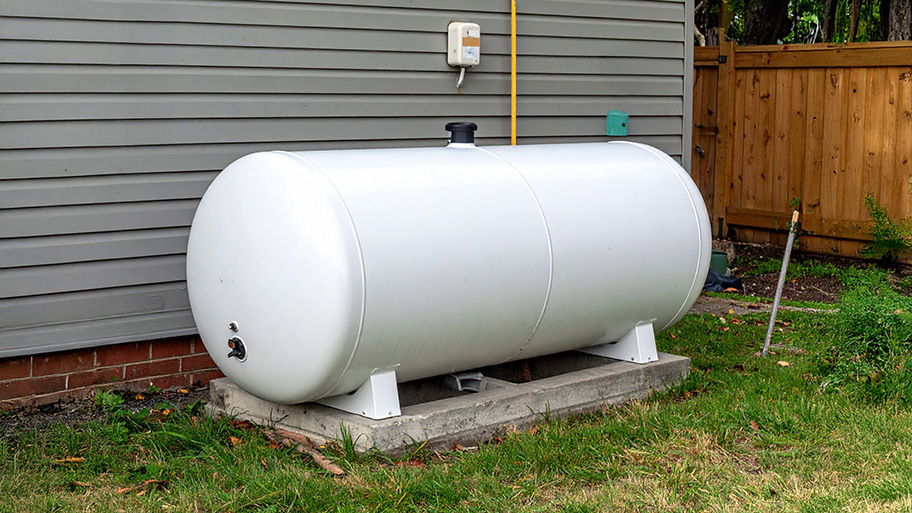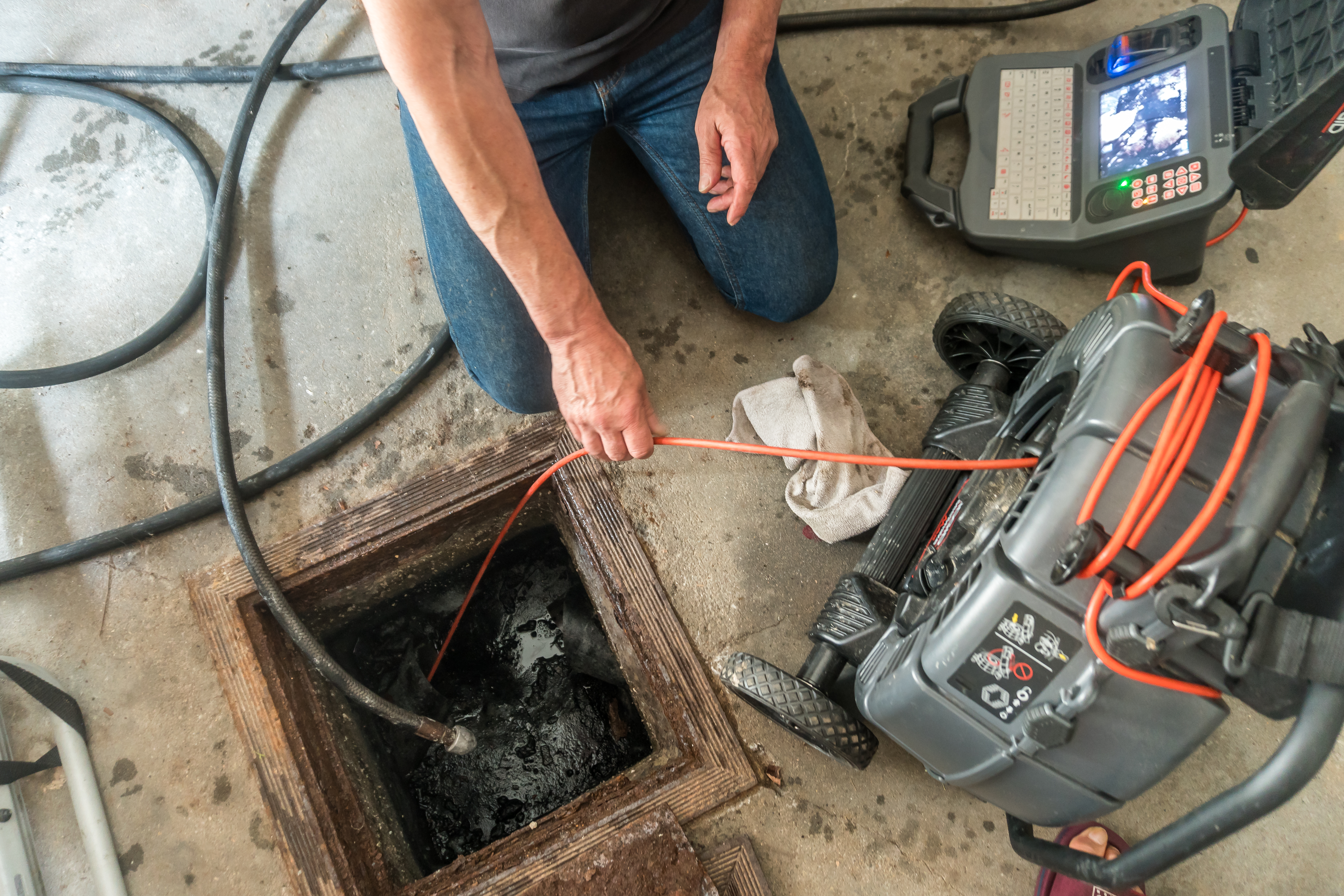
The average propane tank costs between $600 and $2,500, depending on the size, location, and more. Our expert guide explores all the factors.
Just like your hairstylist or doctor, plumbers have different experience levels


Apprentices are plumbers in training who work under supervision.
Journey-level plumbers can work on their own and might specialize.
Master is the highest level of plumber.
Only master plumbers can own their own businesses.
All plumbers are required to stay up to date on code changes.
Plumbers are skilled professionals who are responsible for installing and repairing safe drinking water and wastewater systems in homes and businesses. So you might be curious about the qualifications of the person hired to work on your drinking water supply. Learn the different levels of plumbers, so you know who to hire for your next project.
Since stakes are high, plumbers have rigorous education and supervised training requirements before they become licensed to work on their own. Each state sets its own rules, but plumbers typically have two years of classroom education. They might consecutively assist a licensed plumber or start on-the-job training after finishing the classroom requirements.
In either case, plumbers must show they’ve got what it takes by passing license exams before they can work unsupervised. Here’s a look at plumber experience levels.
Plumbers start in apprenticeship programs that might be three to five years of paid, on-the-job training, and classroom instruction. Apprenticeship programs are where novice plumbers learn on the job and hone their skills.
In most states, apprentices are not licensed plumbers since they have not yet passed the required exams. As such, they will work under the supervision of a journey-level or master plumber.
Apprentices might start by assisting a more experienced plumber. As they become more proficient, they will take on more tasks with supervision. Once apprentices meet their required hours of training and pass the state’s required license exam, they will graduate to the journey-level plumber stage.
Projects for an apprentice:
Prepare and handle tools and equipment
Assemble pipes
Clean water supply
Perform cleaning and unclogging services

Most plumbers who respond to service calls at your home or business will be journey-level plumbers. Journey-level plumbers can work on their own without supervision, but in most states, they cannot own their own plumbing business. That means a master plumber will still check their work to some degree.
Unlike apprentices, journey-level plumbers might choose to specialize. Some might focus on residential repairs, while others prefer new construction or remodels. They can also supervise apprentices, so don’t be surprised if a rookie shows up alongside the plumber you called.
Journey-level plumbers might be required to complete additional education hours each year to stay up to date on plumbing code changes.
Projects for a journey-level plumber:
Install and repair plumbing lines (under supervision)
Inspect pipes for defects, locate leaks, and clear blockages
Install pipes for HVAC and sprinkler systems
Repair water and sewer lines and pumps
In most states, master plumber is the top dog level. State rules will vary, but master plumbers will have a minimum of one year of journey-level experience and must pass yet another test to earn that master credential. Master plumbers might be required to complete additional education hours each year.
Master plumbers can own their own plumbing businesses and hire journey-level plumbers and apprentices. Some master plumbers might still do service calls or send the junior plumbers they hired. They also have the responsibilities of a business owner. You may find that it costs more to hire a master plumber.
Projects for a master plumber:
Maintain and repair all residential and commerical plumbing fixtures
Repair and replace plumbing fixtures within HVAC systems, sewer, and water pumps
Oversee other plumbers and their projects
Interpret blueprints
When hiring a plumber, you might want to confirm your technician’s level. Search for qualifications on your state’s website, which may be listed as a licensing board, registrar, or consumer affairs site. Regardless of level, the company you hire should be able to show their license and proof of insurance when you ask. Plumbers’ licenses are also only valid in the state that issued the license.
Now that you know the different levels, you can confidently hire a plumber in your area for your next project. Whether you have a leak under your bathroom sink or are getting a new dishwasher, asking about your plumber’s qualifications is an important step to ensuring proper installation and a professional experience.
From average costs to expert advice, get all the answers you need to get your job done.

The average propane tank costs between $600 and $2,500, depending on the size, location, and more. Our expert guide explores all the factors.

The average cost to replace a bathroom faucet typically ranges from $170 to $360. Faucet installation costs often vary based on the selected fixture hardware.

A main water shut-off valve controls water flow for your entire home. Here we break down the cost to replace a main water shut-off valve.

Most homeowners will eventually need to replace bathroom hardware. This guide breaks down bathtub faucet installation costs, so you can upgrade your bathroom.

Understand Title 5 inspection costs, including average prices, key cost factors, and tips to save money on your septic system inspection.

Tee, cross, wye, elbow, coupling, bushing, adapter, union, and more. Know the most common 14 types of pipe fittings and what they are suited for.